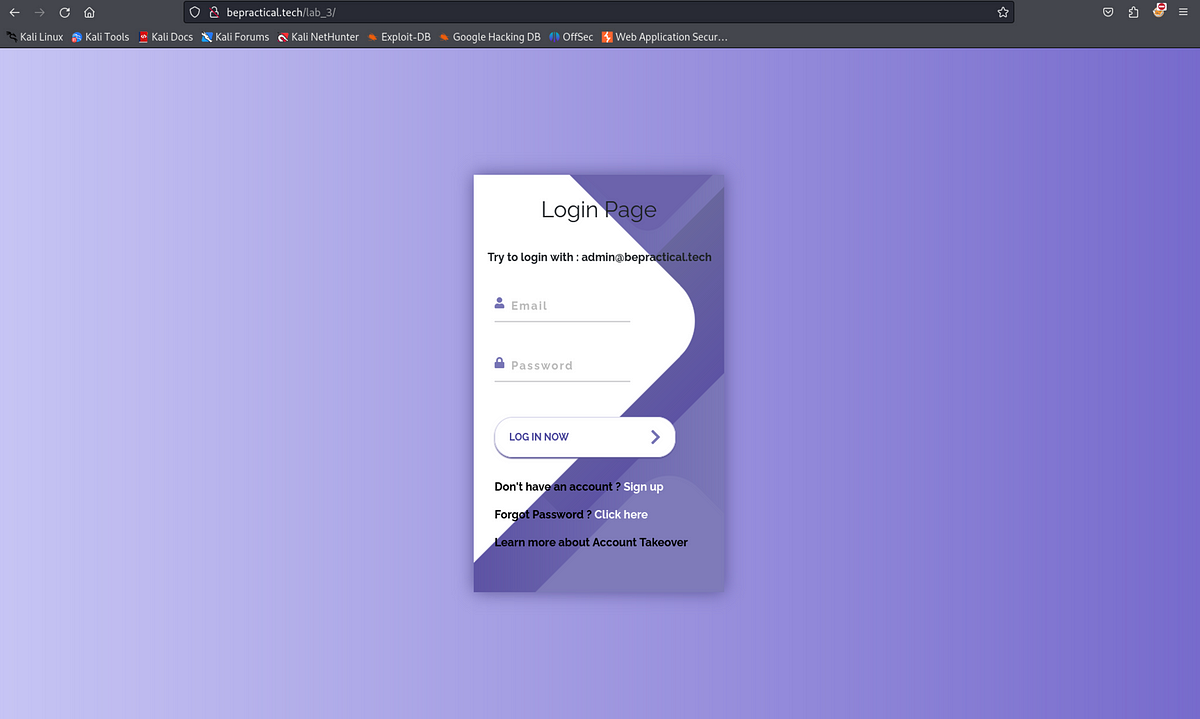BOOK THIS SPACE FOR AD
ARTICLE ADIn the intricate web of online interactions, cookies and cache files play pivotal roles in enhancing user experiences. These small data files, however, come with their own set of functions and risks. This article delves into the intricacies of cookies and cache files, unraveling their purposes and shedding light on the potential risks that users and organizations need to navigate in the digital realm.
Cookies Enhancing Personalization and Functionality
Functionality of Cookies →User AuthenticationCookies facilitate user authentication, allowing websites to remember login credentials and keep users logged in during browsing sessions.Session ManagementSession cookies track user activities within a browsing session, enabling a seamless and personalized experience as users navigate a website.PersonalizationCookies store user preferences and settings, contributing to a personalized browsing experience tailored to individual needs.Tracking and AnalyticsAnalytics cookies help website owners understand user behavior, allowing them to improve content, navigation, and overall site performance.2. Types of Cookies
Session CookiesTemporary cookies that expire when the user closes the browser, used for session management.Persistent CookiesStored on a user’s device for a specified duration, retaining data such as login information and preferences.Third-Party CookiesOriginating from domains other than the one the user is visiting, often used for tracking and advertising purposes.3. Risks Associated with Cookies
Privacy ConcernsPersistent and third-party cookies can potentially track user behavior across multiple websites, raising privacy concerns.Users may feel uncomfortable with the collection and sharing of their data for targeted advertising..png)
 4 months ago
32
4 months ago
32 














 Bengali (Bangladesh) ·
Bengali (Bangladesh) ·  English (United States) ·
English (United States) ·